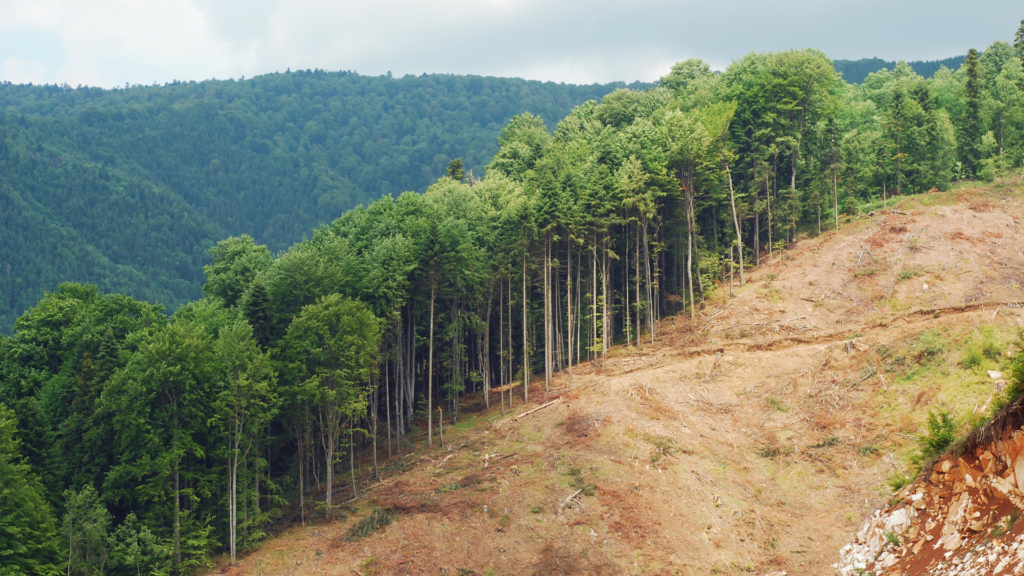Human activities such as environmental destruction and migrations are increasing the spread of pathogens, according to researchers at the Institute of Tropical Medicine (IMT), Belgium.
The researchers detail their study in the science journal Nature Communications. They outline grim prospects for combating tropical diseases.
Over the last thirty years, in conjunction with Peruvian and Bolivian researchers, IMT has curated a unique collection of tropical forest parasites. Delving deeper into the genetic makeup of these parasites and their associated viruses, the international research team led by IMT identified links with human activity’s impact on tropical disease propagation.
The team believes parasites like Leishmania – which most commonly leads to ulcerous lesions on the skin – were initially confined to certain areas of humid tropical forests. However, environmental destruction, counter-narcotics and guerrilla warfare, coupled with migrations into the humid tropical forests for agriculture and mining have expanded these viruses and parasites into novel regions.
“This development has led to an increase in the frequency and spread of the harmful collaboration between parasites and certain viruses,” warn the researchers, labelling it a “threat to human and animal health”.
"The viruses easily transition from one parasite to another during reproduction," explains Senne Heeren, biologist and lead author of the study. This is alarming as the viruses’ presence often results in therapeutic failures and serious health problems.
“We’ve investigated a known microbial alliance but think about how many other viruses and parasites are influenced by climate change, globalisation and human migrations,” warns Dr Steven Van den Broeck, the chief researcher.

